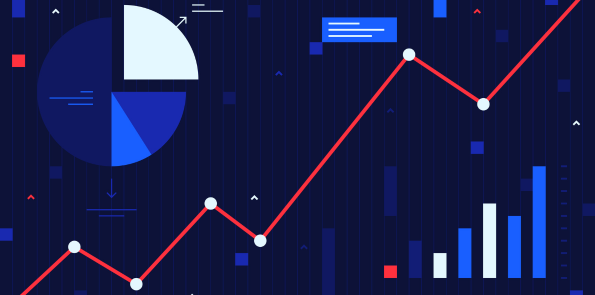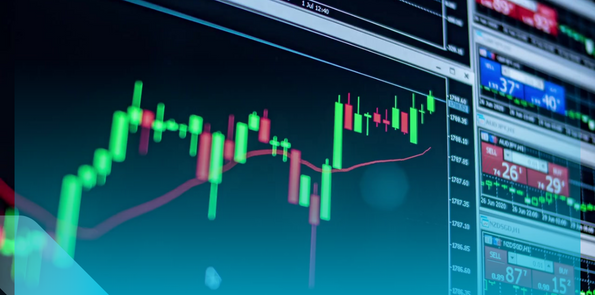Forex Trading 101: Essential Education for Aspiring Traders

Market Research
Forex Trading 101: Essential Education for Aspiring Traders
Introduction
Forex trading, also known as foreign exchange trading, is the buying and selling of currencies with the aim of making a profit. It's a global decentralized market where currencies are traded 24 hours a day, five days a week. With its high liquidity and volatility, forex trading has become a popular choice for aspiring traders around the world.
Understanding Forex Trading Basics
What is Forex Trading?
Forex trading involves the simultaneous buying of one currency and selling of another currency. Currencies are always traded in pairs, with the most popular pairs being EUR/USD, GBP/USD, USD/JPY, and USD/CHF.
How Does Forex Trading Work?
Forex trading takes place in the over-the-counter (OTC) market, which means that trades are conducted directly between buyers and sellers without a central exchange. The value of currencies is determined by various factors such as economic data, geopolitical events, and market sentiment.
Traders speculate on the direction in which a currency pair's exchange rate will move. If they believe the exchange rate will rise, they go long (buy), and if they think it will fall, they go short (sell). Profits or losses are made based on the difference between the buying and selling prices.
Why Trade Forex?
Forex trading offers several advantages that make it an attractive option for aspiring traders:
- Liquidity: The forex market is the most liquid financial market in the world, with daily trading volume reaching trillions of dollars. This high liquidity ensures that traders can enter and exit trades with ease.
- Accessibility: Forex trading can be done online from anywhere with an internet connection. Many online brokers offer simple and user-friendly trading platforms.
- Leverage: Forex trading allows traders to trade on margin, which means they can control large positions with a small amount of capital. However, leverage can amplify both profits and losses, so it should be used with caution.
- 24/5 Market: The forex market operates 24 hours a day, five days a week. This gives traders the flexibility to trade at any time, depending on their schedule and preferences.
Forex Trading Education
Developing a Trading Plan
Before diving into forex trading, it's essential to develop a well-thought-out trading plan. A trading plan outlines your trading goals, risk tolerance, trading strategies, and money management rules. It helps you stay disciplined and make rational decisions in the face of market volatility.
Furthermore, backtesting and demo trading are vital in developing and refining your trading plan. Backtesting involves testing your strategies on historical data to determine their effectiveness. Demo trading allows you to trade with virtual funds in real-time market conditions without risking any real money.
Learning Technical Analysis
Technical analysis is a crucial skill for forex traders. It involves analyzing historical price data and identifying patterns, trends, and support/resistance levels to make informed trading decisions. Some of the commonly used technical analysis tools include candlestick charts, moving averages, and oscillators.
There are numerous educational resources available online, including books, webinars, and video tutorials, that can help you learn and master technical analysis.
Understanding Fundamental Analysis
While technical analysis focuses on price patterns and indicators, fundamental analysis involves analyzing economic and geopolitical factors that influence currency prices. Traders need to stay updated on economic news releases, central bank announcements, and global events that can impact the markets.
A solid understanding of both technical and fundamental analysis is crucial for making well-informed trading decisions.
Risk Management
Risk management is an integral part of forex trading. It involves identifying and managing the risks associated with trading, such as setting stop-loss orders, diversifying your trades, and not risking more than a certain percentage of your trading capital on a single trade.
By implementing effective risk management strategies, you can protect your trading capital and minimize potential losses.
Conclusion
Forex trading can be a lucrative venture for aspiring traders, but it requires dedication, education, and a disciplined approach. Understanding the basics of forex trading, developing a trading plan, and learning technical and fundamental analysis are essential steps towards becoming a successful forex trader.
Remember, forex trading involves risks, and it's important to only trade with funds you can afford to lose. Continuously educate yourself, practice with demo accounts, and seek advice from experienced traders to enhance your trading skills and increase your chances of success.


